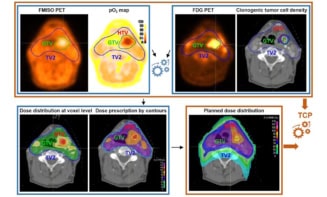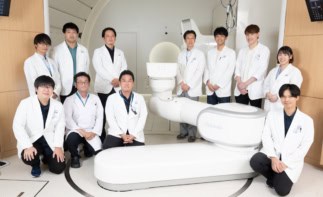The SunCHECK Quality Management Platform is delivering long-run benefits for medical physicists and – more importantly – patients at Iridium Netwerk’s clinics in Belgium
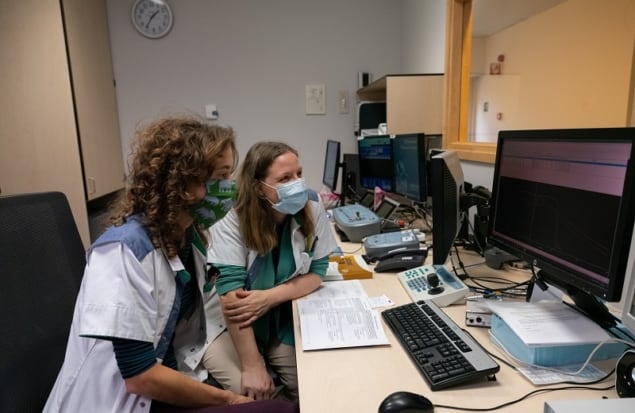
A relentless focus on workflow efficiency, standardization and automation has helped medical physicists at Iridium Netwerk transform patient and machine QA best practice across the healthcare group’s multi-site radiation oncology programme in the Greater Antwerp region of Belgium. The catalyst for change was the clinical roll-out, through late 2017 and early 2018, of the SunCHECK Quality Management Platform from Sun Nuclear Corporation, the US-based manufacturer of independent QA solutions for radiotherapy facilities and diagnostic imaging providers.
Fast forward and it’s evident that SunCHECK – a single interface and database offering a unified view of patient and machine QA, independent from the treatment system – is now established as the QA “engine-room” for Iridium Netwerk’s distributed medical physics service. That service, staffed by 17 medical physicists and six physics assistants, spans four geographically distributed clinical sites and a unified suite of Varian treatment systems (seven TrueBeam and three Clinac iX machines) delivering leading-edge cancer care to around 6000 patients every year.
The clinical upsides are compelling. By consolidating four treatment sites into one network, the SunCHECK platform enables a portfolio of uniform QA processes that translate – and scale – across locations to support a mix of treatment systems and radiotherapy modalities. The standardized approach to QA also means patients will be treated using the same QA protocols regardless of location or the staff performing the checks. At the same time, SunCHECK’s in-built automation features and web interface – accessible across all of Iridium Netwerk’s sites – drive efficiencies through the radiotherapy workflow, superseding subjective manual processes that create QA inconsistencies and soak up valuable clinic time.
Continuous QA improvement
Underpinning Iridium Netwerk’s drive to automate and streamline its radiotherapy QA programme are two core software modules. SunCHECK Patient encompasses all aspects of patient QA, including secondary checks, phantomless pre-treatment QA and automated in vivo monitoring. Meanwhile, SunCHECK Machine addresses critical machine QA needs, including template-driven daily, monthly and annual QA; automated imaging, multileaf collimator (MLC) and volumetric modulated arc therapy (VMAT) checks; as well as long-term data trending and analysis.
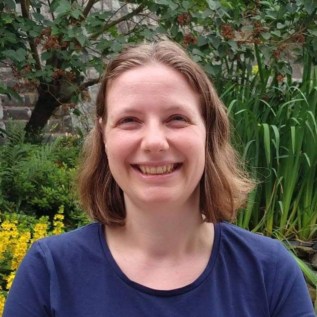
For Evy Bossuyt and colleagues in the Iridium Netwerk medical physics team, the clinical introduction of SunCHECK Patient was driven, in large part, by the desire to implement automated in-vivo monitoring across the network’s four radiotherapy centres. Their goal: to increase patient safety by detecting errors over the course of radiation treatment while simultaneously addressing the increased complexity of advanced modalities such as VMAT and stereotactic body radiotherapy (SBRT). As such, it helps that SunCHECK Patient is fully automated, generating 3D results from EPID and/or log files. “Our department benefits from SunCHECK Patient’s ability to simplify and standardize pre-treatment QA of complex treatment plans, while also providing a major improvement over in-vivo diode detectors,” explains Bossuyt.
After an exhaustive planning phase – to specify clinical and operational workflows, dosimetric templates and QA tolerance levels – the Iridium Netwerk team began clinical deployment of SunCHECK Patient on two linacs, scaling up to all 10 of the treatment systems within five months of project initiation. Over the next year, SunCHECK Patient detected failures in 7% of the 56,542 fractions analysed (from September 2018 to August 2019), with failures detected in 8% of the 50,527 fractions analysed in year two (September 2019 to August 2020). Furthermore, for the treatment fractions evaluated using transit EPID dosimetry (43%), 16% and 13% of fractions failed in the first and second year, respectively. (Worth noting also that absolute verification was introduced at the start of year one to allow comparison of images to calculated data for enhanced error detection.)
SunCHECK Patient adds an extra dimension to patient QA.
Evy Bossuyt
“We’ve shown that large-scale clinical implementation of in-vivo transit dosimetry is feasible, even for complex techniques,” notes Bossuyt. Key to success is application of the AMARA (As Many As Reasonably Achievable) principle to the detection of errors – i.e. taking into account economic and social factors such as costs, throughput and patient comfort – as well as a granular understanding of the strengths and weaknesses of the EPID dosimetry system. “In this way,” adds Bossuyt, “SunCHECK Patient adds an extra dimension to patient QA, revealing a wide variety of deviations spanning errors in planning, machine problems, patient positioning, and changes in patient anatomy such as weight loss, tumour shrinkage or rectal/bladder filling.”
Reinforcing the case for independent QA in the radiation oncology clinic
As well as one-off corrective actions to manage these and other “issues arising”, SunCHECK Patient has informed a raft of long-term operational and workflow iterations at Iridium Netwerk. Among those adjustments are updated breast treatment protocols based on extra imaging; follow-up protocols with dieticians for all rectum, stomach and oesophagus patients; and the discontinuing of in-vivo dosimetry with diodes (except for total-body irradiation treatments where EPID use is not possible).
“Alongside the enhanced error detection,” says Bossuyt, “the department has seen significant streamlining with regards to the aggregate workload and time allocated for essential patient QA checks. That’s down to SunCHECK Patient’s high degree of automation plus the in-built accessibility that comes from a web-based software platform.”
The machine perspective
On a parallel implementation track, Iridium Netwerk medical physicists have put SunCHECK Machine front-and-centre in an effort to create a unified, independent machine QA programme across the network’s four treatment centres. It’s a work-in-progress towards the goal of automating daily, monthly and annual QA tasks (versus the high levels of manual input required previously) at the sharp-end of treatment delivery.
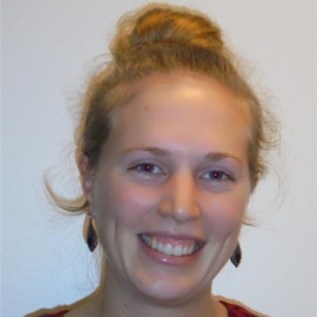
“We’ve already standardized a wide range of machine QA tasks within SunCHECK Machine,” explains Sarah De Vos, a colleague of Bossuyt’s in the Iridium Netwerk medical physics team. Those tasks include Starshot and Winston-Lutz tests; various MLC performance tests (e.g. picket fence); a field-size test that also checks flatness and symmetry; light versus irradiation field; various VMAT tasks (to check dose rates, gantry speed and leaf speeds); as well verification of mechanical read-outs.
“Beyond the specific QA tasks, SunCHECK Machine is user-independent,” adds De Vos “and guarantees objective measurements with data trending. The software also enables automation at scale within our machine QA programme, helping us to bank sustained and substantive time savings across the clinical care team.”
Beyond the specific QA tasks, SunCHECK Machine is user-independent and guarantees objective measurements with data trending.
Sarah De Vos
Equally significant, Iridium Netwerk’s large (and growing) central database for both machine and patient-specific QA creates the foundation for predictive intelligence tools based on machine learning. Over time, that opens the way to increased efficiency of preventative maintenance and QA of the treatment machines as well as continuous improvement in the quality of treatment planning.
As a SunCHECK reference site, Iridium Netwerk promotes radiotherapy QA best practice using the SunCHECK Quality Management Platform. The clinical team collaborates with Sun Nuclear on its product development roadmap while serving as a regional resource for the growing European base of SunCHECK users.
Further reading
E Bossuyt et al. 2020 Evaluation of automated pre-treatment and transit in-vivo dosimetry in radiotherapy using empirically determined parameters (phiRO 16 113-29)



